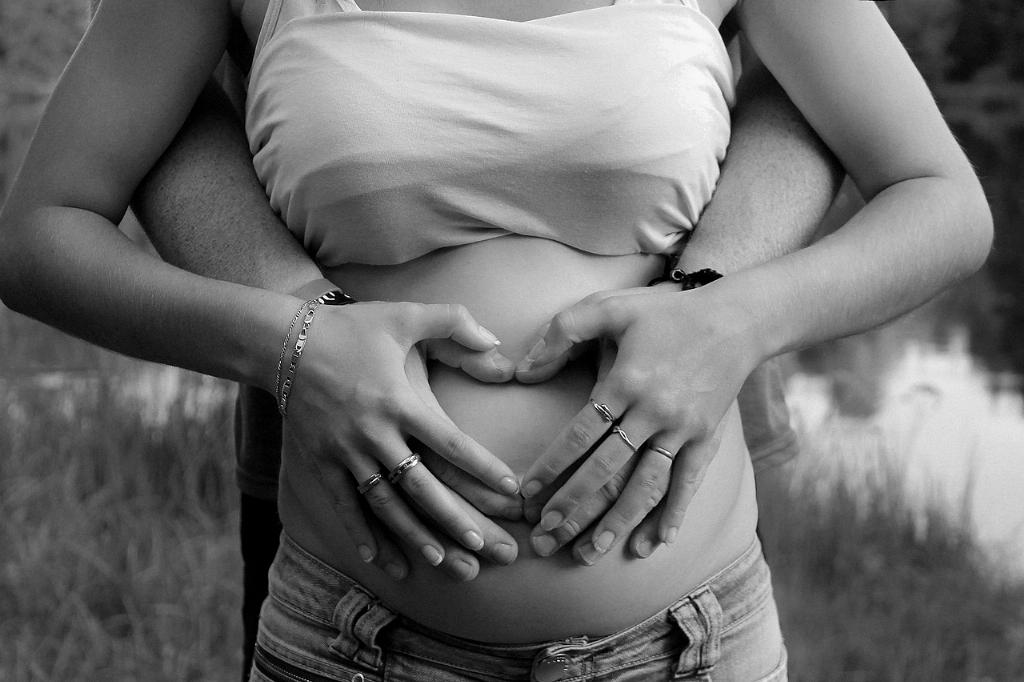When it comes to the accuracy of home pregnancy tests, it’s essential to understand that while they are highly reliable, there is still a small margin of error. If you take a pregnancy test a week after a missed period and receive a negative result, it’s easy to assume that you’re not pregnant. However, the reality is not always as straightforward as the test result might suggest.
One key factor to consider is the sensitivity of the pregnancy test you used. While most home pregnancy tests boast about being up to 99% accurate, they may not always detect low levels of the pregnancy hormone (hCG) in the early stages of pregnancy. In some cases, the concentration of hCG in your urine may not be high enough to trigger a positive result, leading to a false negative.
It’s also essential to remember that the timing of taking the test plays a crucial role in its accuracy. Testing too early, even after a missed period, can result in a false negative. Waiting a few more days before testing again can sometimes make a significant difference in the outcome, as hCG levels tend to double every 48 to 72 hours in early pregnancy.
Another factor that can influence the accuracy of a pregnancy test is how well you follow the instructions. Using a home pregnancy test incorrectly, such as not using the first urine of the day or diluting the sample too much, can impact the test’s ability to detect the presence of hCG. Therefore, it’s crucial to carefully read and follow the test’s instructions to ensure the most reliable results.
Furthermore, certain medications or medical conditions can potentially interfere with the accuracy of a home pregnancy test. If you are taking fertility drugs or have a medical condition that affects hormone levels, it’s essential to consult with a healthcare provider to understand how these factors may impact the test results.
In some rare cases, a negative pregnancy test result after a missed period could be due to an ectopic pregnancy, where the fertilized egg implants outside the uterus. Ectopic pregnancies can sometimes result in lower hCG levels than a typical pregnancy, leading to false negative test results. If you experience severe abdominal pain or unusual symptoms, seek medical attention promptly.
If you continue to suspect that you might be pregnant despite a negative test result, it’s advisable to wait a few more days and retest. Some women may have irregular cycles or ovulate later than expected, leading to delayed implantation and subsequently lower hCG levels in the early stage of pregnancy.
Stress and anxiety can also play a role in delaying ovulation and affecting hormone levels, potentially impacting the timing of implantation and hCG production. Taking care of your emotional well-being during this time can help regulate your cycle and improve the accuracy of pregnancy test results.
Consulting with a healthcare provider or obstetrician can provide further clarity and guidance if you’re unsure about the results of a home pregnancy test. A blood test conducted by a medical professional can detect lower levels of hCG earlier in pregnancy, offering a more accurate assessment of your pregnancy status.
Remember that every woman’s body is unique, and pregnancy tests may not always provide definitive answers in the early stages of pregnancy. Trust your instincts, listen to your body, and seek medical advice if you have concerns about your reproductive health.
In conclusion, while testing negative for pregnancy a week after a missed period is typically a reliable indicator, there are various factors that can influence the accuracy of the test results. Being aware of these factors and approaching the situation with patience and diligence can help you navigate the uncertainty surrounding early pregnancy testing.

